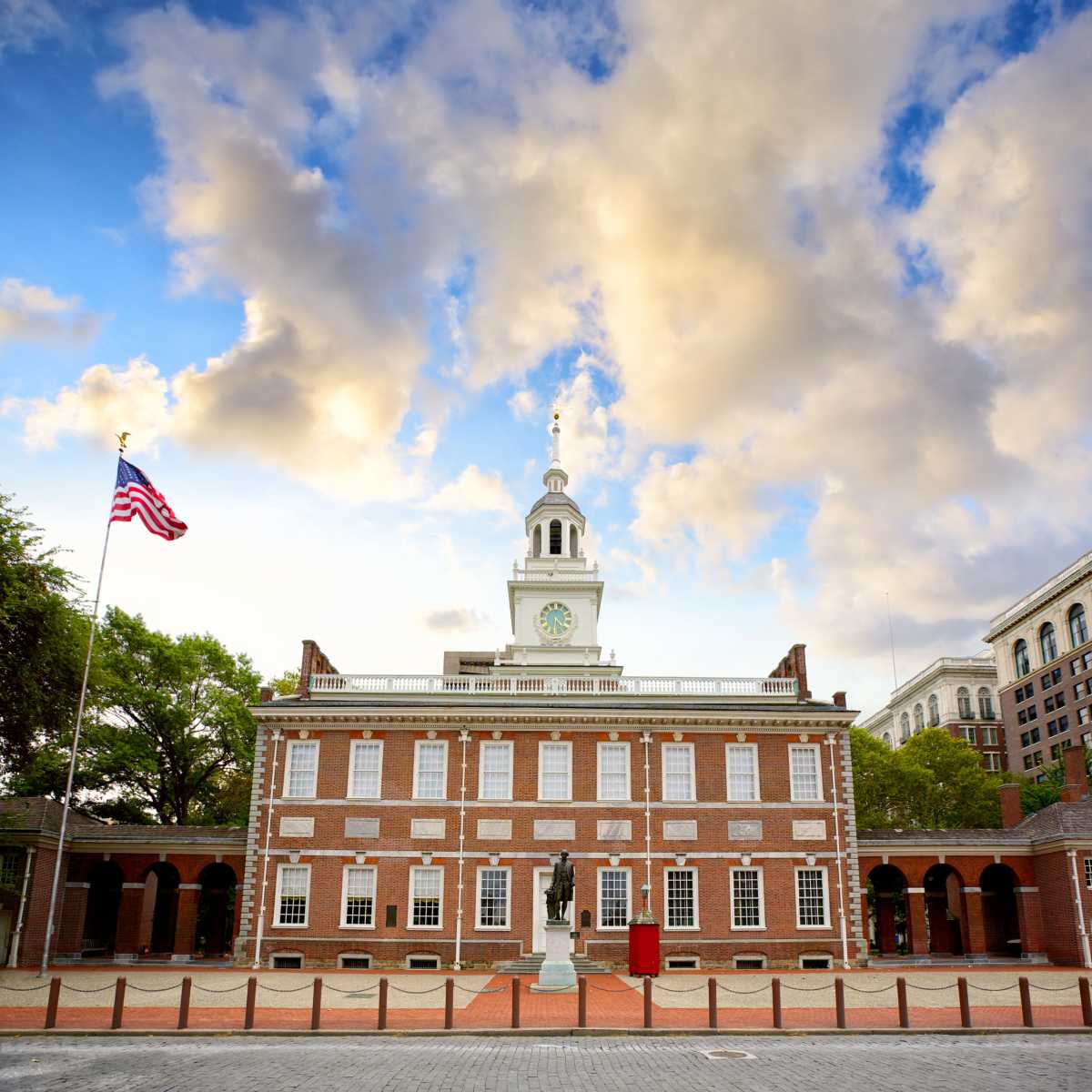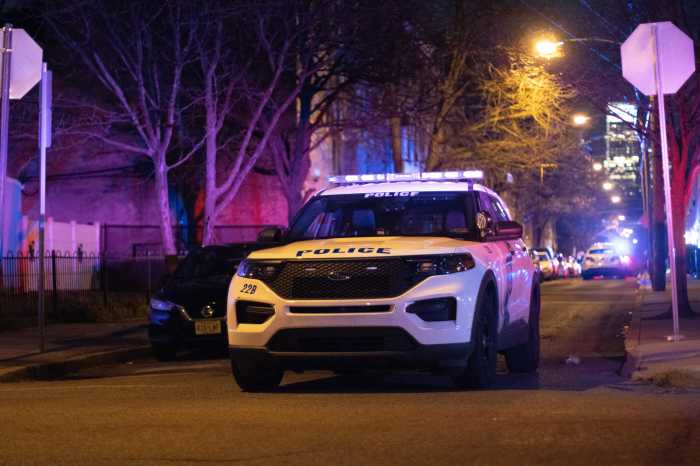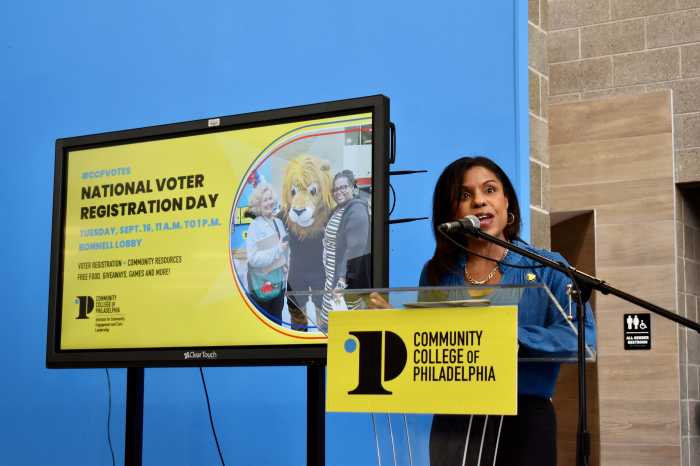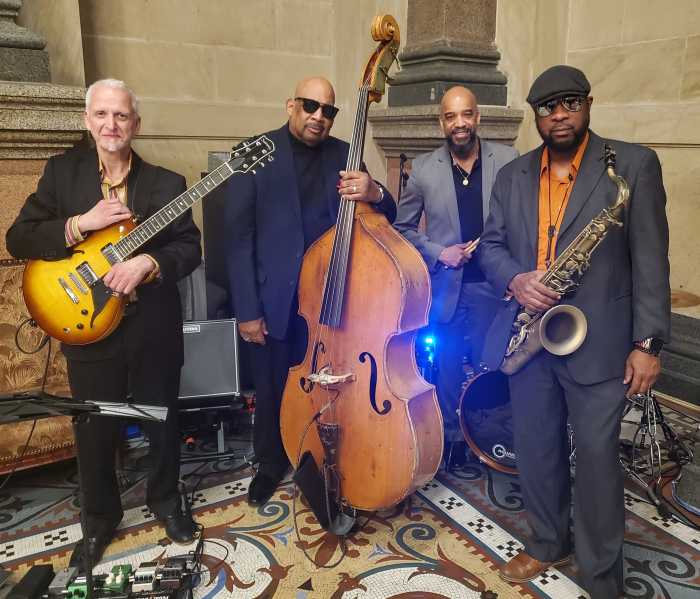Tucked inside last month’s 5,593-page federal coronavirus stimulus and spending package was $8 million for the commission overseeing the celebrations surrounding the 250th anniversary of America in 2026.
Like 1976’s Bicentennial, the awkward-sounding semiquincentennial will be centered in Philadelphia, and planning for the festivities is expected to gain steam in 2021.
The federal appropriation represents a big boost in funding for the commission — last year, it only received $3.3 million from Washington.
“We now have enough money to at least scratch the surface of getting this started,” Dan DiLella, the commission’s chair, said in an interview. “We’re hoping this $8 million kicks off a whole development surge for us to be able to raise corporate donations.”
DiLella, who runs Equus Capital Partners, a Newtown Square-based real estate agency, said the money will allow the organization to hire a public relations coordinator, webmaster and planning director.
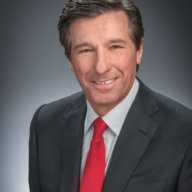
Organizers are also planning to use the money to facilitate the creation of 250th anniversary agencies at the local level. So far, eight states have already established their own commissions, including Pennsylvania.
In addition, the expanded budget will assist with the Semiquincentennial Commission’s efforts to reach out to corporate sponsors, who will provide a majority of the financial backing for the celebrations.
The organization is hoping to receive at least $8 million a year from federal lawmakers through 2026, enough to cover only a small fraction of its estimated cost of $300 to $500 million.
Talks have begun with national corporations over multimillion-dollar donations. In exchange, the companies will be able to use the commission’s branding materials and have first crack at sponsoring major events.
Congress created the commission in 2016, and it has been meeting for the last two years. Among its members are a number of Philadelphia power players, including former U.S. Rep. Bob Brady, Comcast executive David L. Cohen and University of Pennsylvania President Amy Gutmann.
President Donald Trump signed legislation on New Year’s Eve to expand the commission, widening it from 31 members to 35. One of the newcomers will be a yet-to-be-selected U.S. Supreme Court justice.
The bill also permits the commission to meet outside of Philadelphia. Previously, it was statutorily-obligated to convene at Independence Hall, which doesn’t have meeting space, DiLella said. Commission members must still meet in the city at least once a year.
For the time being, the organization is gathering virtually. It had intended to hold events over the summer but decided to push those back in light of the pandemic and civil unrest, DiLella said.
This summer, the commission plans on doing 110 days of events around the country beginning on Memorial Day.
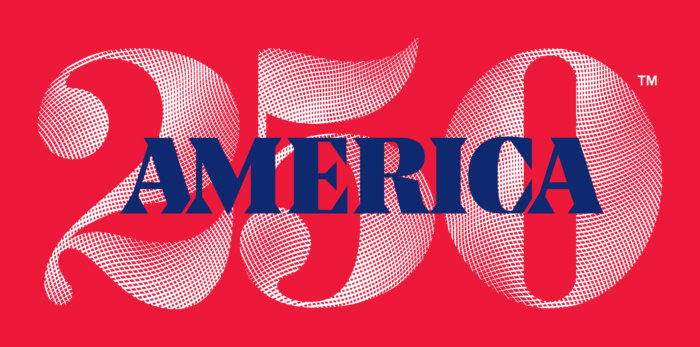
Philadelphia will “play a major role” in 2026, DiLella added, with the city expected to host at least a few of the celebration’s signature moments.
“I’m not going to tell you what they are because we’re still working on them, and we want them to be a surprise,” DiLella told Metro.
Organizers have been whittling down a variety of ideas for those large-scale events. New York City, Boston and Charleston, South Carolina, are the other cities that will be prominently featured.
One program that has been confirmed is the building of a time capsule that will be buried on the grounds at Independence Hall and dug up on July 4, 2276, the country’s 500th anniversary, according to a report sent to Congress.
The Semiquincentennial Commission plans to officially recognize tens of thousands of smaller events nationwide and collaborate with the U.S. Mint on collectible coins and medallions to mark the occasion.
Inspiring patriotism, in a country so divided, might prove to be the most difficult challenge for the organization, and some might question whether doing so is even a good idea.
In the wake of last week’s violence at the Capitol, DiLella said one of the commission’s goals is to bring the country together.
“In my opinion and our commission’s opinion, the fringe groups that have created some of the issues over the last seven or eight months are not representative of the American people who really love this country and love democracy,” he said.
“We’ve had some very hard times in this country over the last 245 years,” DiLella added. “We’ve had all these various issues and because of the structure of our government, we can get through it, and I’m optimistic that we’ll get through it.”



